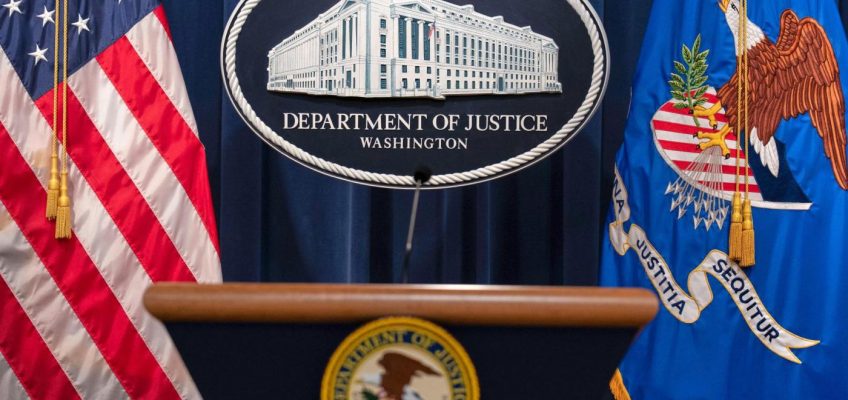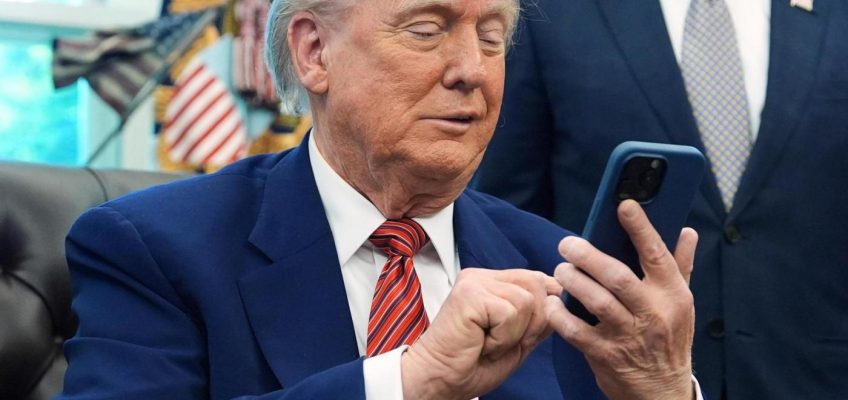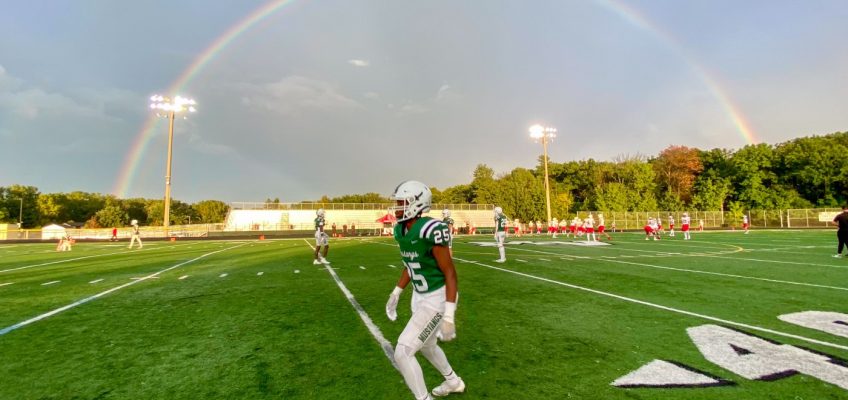By ALANNA DURKIN RICHER and ERIC TUCKER, Associated Press
WASHINGTON (AP) — The Justice Department fired a top national security prosecutor amid criticism from a right-wing commentator over his work during the Biden administration, further roiling the prominent U.S. Attorney’s Office for the Eastern District of Virginia after the ousting of other senior attorneys in recent weeks, according to people familiar with the matter.
Related Articles
Trump declares drug cartels operating in Caribbean unlawful combatants
Trump administration cuts nearly $8B in clean energy projects in blue states
Republicans are relishing a role reversal in the shutdown fight
YouTube, Disney and Meta have all settled. Inside President Trump’s $90 million payday
In hepatitis B vaccine debate, CDC panel sidesteps key exposure risk
Michael Ben’Ary, who was chief of the office’s national security unit, was fired Wednesday just hours after Julie Kelly, a conservative writer and activist, shared online that he previously worked as senior counsel to Deputy Attorney General Lisa Monaco during the Biden administration, two people familiar with the matter said. The people spoke on the condition of anonymity to discuss personnel matters.
Kelly’s post speculated that Ben’Ary may have been part of the “internal resistance” in the office to the recently charged case against FBI Director James Comey. But Ben’Ary played no role in the Comey case, one of the people said.
His termination comes days after the firing of another prosecutor in the Alexandria, Virginia, office: Maya Song, the people said. Song had served as the top deputy to former U.S. Attorney Erik Siebert, who was nominated by President Donald Trump but pushed out last month amid pressure from the administration to bring charges against New York Attorney General Letitia James in a mortgage fraud investigation.
The firings are the latest in a wave of terminations that have thrown the department into turmoil and raised alarm over political influence over the traditionally independent law enforcement agency and the erosion of civil service protections afforded to federal employees. While U.S. attorneys generally change with a new president, rank-and-file prosecutors by tradition remain with the department across administrations. The Trump administration, however, has fired prosecutors involved in the U.S. Capitol riot criminal cases and lawyers who worked on special counsel Jack Smith’s prosecutions of Trump, among others.
Ben’Ary worked for the Justice Department for nearly two decades and was promoted under both Republican and Democratic administrations. He was currently prosecuting the case against the suspected planner in the suicide bombing at the Kabul airport that killed 13 American service members and roughly 170 Afghan civilians during the chaotic withdrawal from Afghanistan.
Song was fired Friday shortly after the Trump administration installed a new U.S. attorney, Lindsey Halligan, a former White House aide who had been one of Trump’s personal lawyers but had not previously served as a federal prosecutor. Halligan was put in the top job after Trump publicly pressed Attorney General Pam Bondi in an extraordinary social media post to move forward with pursuing cases against some of his political opponents.
Days after that post, Halligan secured the indictment of Comey on allegations that he lied to Congress when he said he had not authorized anyone else at the FBI to be an anonymous source in news reports about a particular investigation. Comey, who is expected to make his initial court appearance next week, has denied any wrongdoing and said: “My heart is broken for the Department of Justice.”




